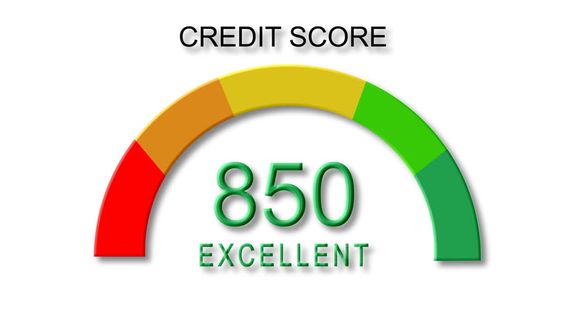Your business credit is an aspect of your business’ financial position. As a small business owner, it is important that you attain strong business credit if you want to scale your business and intend to acquire additional capital through business loans.
Your business credit score is important because it determines your credit worthiness. Business credit is used to increase working capital, to purchase equipment, products, inventory and provide services.
How to establish business credit
- Register your business entity with the state of your choice (consider tax implications and discuss with your Accountant).
- Get a D-U-N-S number (business identifier) with the credit reporting agency Dun and Bradstreet.
- Apply for account that will report to credit agencies (2-3 recommended).
- Open a business credit card.
You may have to be the personal guarantor to start your business credit history. As a personal guarantor, you serve as the party responsible for the repayment of credit issued to the business. To serve as a personal guarantor, your personal credit history should be good to support the loan requirements. If your personal credit is challenged, we recommend repairing that before moving on to business credit to ensure you will qualify for your business’ lending needs.
Five benefits of having good business credit
- Financing is cheaper.
- Vendors may not require prepayment.
- Suppliers and lenders may agree to better terms.
- Facilitates the separation of personal and business finances.
- Your business will be financially stable.
Five steps to increase your business credit
- Pay your credit accounts on time.
- Be sure to keep up to date information by regularly checking your credit profile/rating. Reach out to the major reporting bureaus such as Duns and Bradstreet, Equifax, and Experian to request a soft check.
- Apply for lines of credit or a business loan and make payments on time. Be sure to establish credit with lenders who report to the major bureaus. After establishing credit, make on time payments to create a positive payment history. A business credit card or a business line of credit are both considered lines of credit. You can also apply for vendor cards/lines to establish credit history.
- Keep your credit utilization low. Do not overextend your credit when working on increasing your credit score. Be sure that you do not utilize more than 30% of your existing credit line(s), less is best to improve your business credit.
- Maintain credit history. Old credit accounts with positive payment history contribute to your credit score. Try not to close those accounts.
The higher your business credit score, the better approval odds. Business credit provides the financial freedom small businesses need to maintain and grow.
Source:
Hipp, Deb. 2021, Credit Karma, Understanding your Business Credit Reports, <https://www.creditkarma.com/advice/i/business-credit-reports#:~:text=It%20also%20includes%20information%20directly%20related%20to%20your,including%20number%20of%20employees%2C%20sales%2C%20ownership%2C%20and%20subsidiaries>




